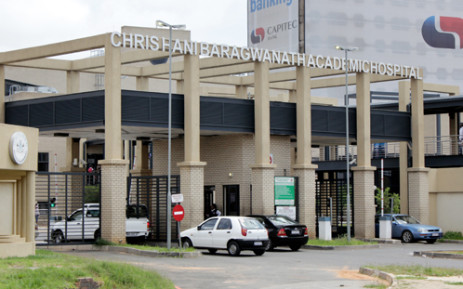This is the view from all quarters of the country, especially in areas where Covid-19 cases are increasing exponentially.
The call follows a ‘family meeting’ by President Cyril Matamela Ramaphosa, indicating SA is now on Adjusted Alert Level 2.
The vaccination roll-out is becoming a headache for the department of health and this could become a problem, with winter season now in full swing.
On Adjusted Alert Level 2, the President identified the following regulations:
* The hours of curfew will start at 11pm and end at 4am.
* Non-essential establishments like restaurants, bars and fitness centres will close by 10pm. This is to allow their employees and patrons to travel home before the start of the curfew.
* All gatherings will be limited to a maximum of 100 people indoors and 250 people outdoors.
* Where the venue is too small to accommodate these numbers with appropriate social distancing, then no more than 50 percent of the capacity of the venue may be used. This includes religious services, political events and social gatherings, as well as restaurants, bars, taverns and similar places.
* Alcohol sales will be permitted as normal.
* It remains mandatory for every person to wear a face mask that covers their nose and mouth at all times when in public spaces. It is a criminal offence not to do so.
* If you test positive for Covid-19, you must self-isolate at home for a period of 10 days from when you first developed symptoms.
* If you have been in contact with a person who has Covid-19, you must also self-quarantine for a period of 10 days following your exposure, even if you do not show any symptoms.
Funerals remain restricted to no more than 100 people, and, as before, night vigils, after-funeral gatherings and ‘after-tears’ gatherings are not allowed.
“While the country is headed towards a third wave of infections, we do not yet know how severe this wave will be or for how long it will last,” Ramaphosa said on Sunday.
He urged people to “wherever possible”, cut down on our contacts during this time.
“According to the scientists that advise government, the severity of this third wave will largely be determined by the amount of contact each of us has with other people.
“This means that each of us needs to think about all the people we come into contact with each day and do everything we can to limit those contacts.
“Sometimes it is unavoidable to be in contact with other people, such as at work or when shopping or in public transport.
“In such cases, it is important that we strictly observe all the health protocols by wearing a mask, keeping our distance from others and ensuring proper ventilation.
“But wherever possible, we should cut down on our contacts during this time. That may mean postponing social engagements, avoiding public spaces and not travelling unless absolutely necessary.
“Gatherings are the greatest sources of transmission, whether its weddings, funerals, social parties, religious services, political meetings or simply gatherings of family and friends.
“We must remember that the virus does not move from place to place by itself; it relies on the movement of people.
“The less we travel, the less the virus is spread,” the president said.
It is especially important to avoid indoor spaces, as the coronavirus is spread through the air when a person speaks, coughs or sneezes. If you need to meet someone, including a member of your family, it is safer to do so outside in a well-ventilated space, he said.
Those who are at particular risk, including the elderly and those with comorbidities, should exercise caution and should limit their contacts as much as possible.
“If each of us makes this effort now, we will help to flatten the curve of infections. We will reduce the pressure on our hospitals, and, in doing so, we will save many lives.”
In rural areas inoculation is a major headache.
Is SA ready for third-wave especially in Gauteng, as inoculation staggers -is a million-rand question?

